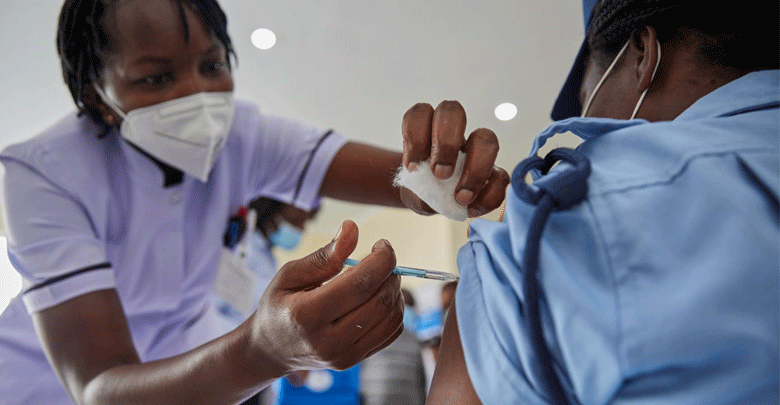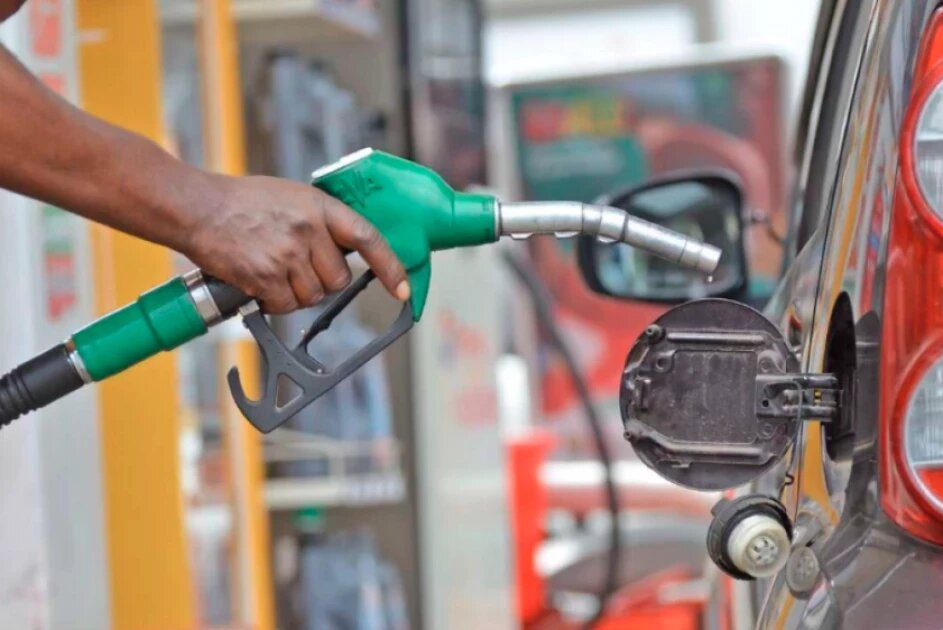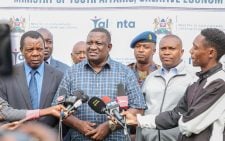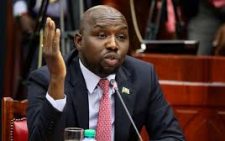Sub-Saharan Africa to pick world slowest growth in 2021, says IMF

Sub-Saharan Africa is set to record the slowest economic growth of any world region this year as the continent struggles to bounce back from a pandemic-triggered downturn, the International Monetary Fund (IMF) said yesterday.
Wealthy countries must step up to ease access to vital vaccines and make financing available to Africa, where the global health crisis and its economic fallout plunged 32 million people into extreme poverty last year, the Fund said.
“Really, how the international community can help the region is by improving access to vaccines,” Abebe Aemro Selassie, the head of the IMF’s Africa department, said.
He was speaking in an interview to Reuters ahead of publication of the regional economic outlook for sub-Saharan Africa.
The continent has fallen behind much of the rest of the world in vaccinating its population as countries with the means to reserve shots have cornered supplies.
Selassie said mechanisms like the World Health Organisation-backed COVAX vaccine facility already exist to channel shots to countries in need.
“But these need to be matched with financing and investment to massively scale-up the global supply of vaccines as quickly as possible,” he said.
Following a contraction of 1.9 per cent last year, sub-Saharan Africa’s regional economy will grow by 3.4 per cent in 2021, according to the regional outlook. That’s well below a global forecast of 5.5 per cent.
Per capita output is not expected to return to 2019 levels until 2022, the outlook said.Africa’s rebound will be uneven.
South Africa, the region’s most developed economy, will grow by 3.1 per cent following a 7.0 per cent contraction last year.
Oil producers Angola and Nigeria, meanwhile, will grow by 0.4 per cent and 2.5 per cent respectively.
Global downturn
In East Africa, Kenya is predicted to record gross domestic product (GDP) growth of 7.6 per cent, after a contraction of 0.1 per cent last year, while Ethiopia’s growth will slow from 6.1 per cent in 2020 to 2.0 per cent this year.
Last year’s global downturn meanwhile worsened debt burdens in many African countries.
Seventeen countries were in debt distress or at high risk of it last year, the IMF report stated. And employment fell by 8.5 per cent. At a time when governments have limited fiscal space, their needs are growing.
For most countries, vaccinating 60 per cent of their population will require an increase of up to 50 per cent in existing healthcare spending.
The IMF estimated additional external funding needs for the region for the 2021-2025 period at $425 billion (Sh45.50 trillion).
Selassie said governments needed to be ready to make bold reforms to eliminate policy-induced growth constraints.
But he added that there was also a need to recognise that Africa’s current difficult situation was largely the result of the exogenous shock of the pandemic.
“As such the international community needs to support these countries with limited capacity to be resilient,” he said. –Reuters










